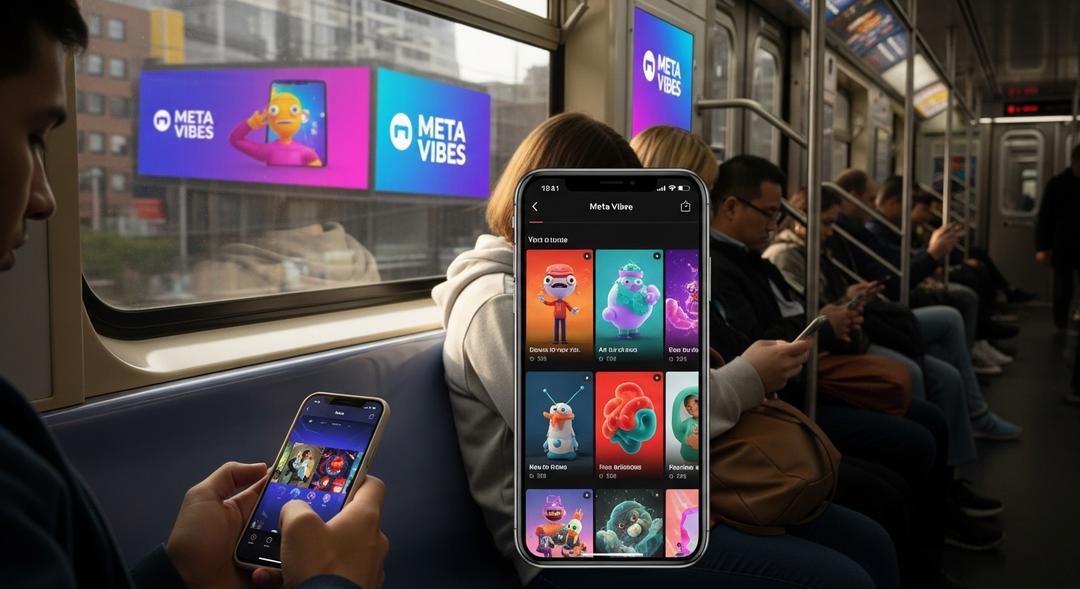An unexpected chill is sweeping across the once red-hot world of vibe coding platforms.
Platforms like Lovable and Vercel’s v0 were riding high on a wave of buzz earlier this year, promising to let anyone conjure up a website or app simply by describing what they wanted. That momentum has stalled, with recent data showing sharp slides in site visits and engagement.
Recent Barclays research, which examined both direct traffic and Google Trends, shows a clear pattern. After a peak in early summer, users are losing interest. Lovable, which boasted an eye-popping annual run rate of $100 million back in June, has seen traffic fall by nearly half since then.
Churn and Growing Pains in the Vibe Coding Scene
Vercel’s v0 tool has been hit even harder, shedding almost two thirds of its visitors since May, following a flurry of tweaks to cut down on costly bot usage. Bolt.new, another up-and-coming app builder, dropped just over a quarter of its traffic in three months. Even Replit, long considered a solid bet, is feeling the pinch.
Barclays analysts are raising questions about the sustainability of these companies’ previously celebrated growth. Most of the revenue spike appears to come from flexible subscribers who can cancel at any time, casting a shadow on the long-term health of those numbers.
Eric Simons, who heads Bolt.new, did not sugarcoat the situation. “This is the problem across all these companies right now. The churn rate for everyone is really high,” Simons told reporters. “You have to build a retentive business.” Bolt.new just rolled out new features and a revised subscription plan to encourage users to stick around, an approach being echoed across the industry.
A few months ago, some warned that “inference whales” — super-users who trigger lots of AI processing — were creating outsized costs for these platforms. To protect their bottom line, several companies ramped up prices and introduced usage caps, discouraging casual experimentation and contributing to the current drop in engagement.
Traditional players like Wix are still banking on the promise of AI-powered tools, grabbing AI-focused builders like Base44 in recent deals. Meanwhile, the likes of GoDaddy are quietly moving in, exploring what AI-powered tools can do for their own enormous user bases.
Barclays’ report suggests the general public remains tentative. “It seems to us that ‘everyday’ consumers are still very much in the experimentation stage of AI chat interfaces such as ChatGPT, let alone having familiarity or experimenting with adjacent ‘vibe coding solutions,” read the note to investors.
For now, the sector finds itself at a crossroads. While the initial rush has receded, the promise of democratized web and app creation still has the industry’s attention, even if it is no longer the scene’s main obsession.








